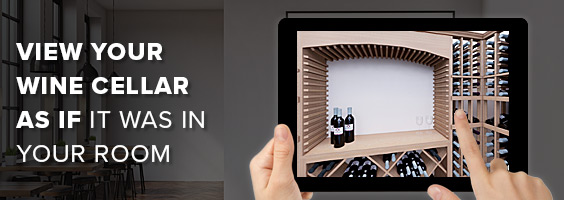Get a Free VR 360° Design & Quote
or browse our plans and ideas

Request a Door Design & Quote
You'll receive a free design of your door to your exact specifications.


You'll receive a free design of your door to your exact specifications.
